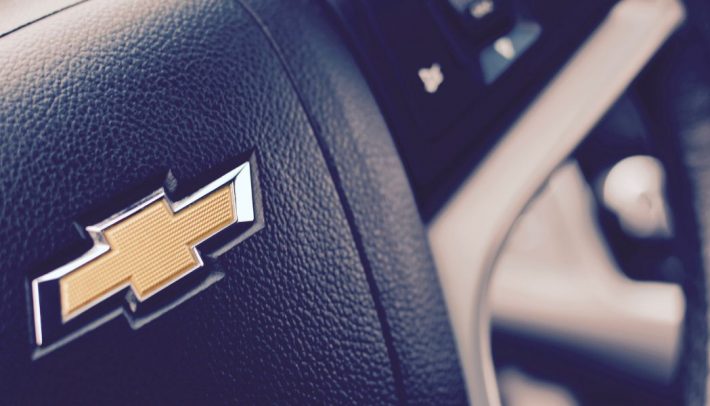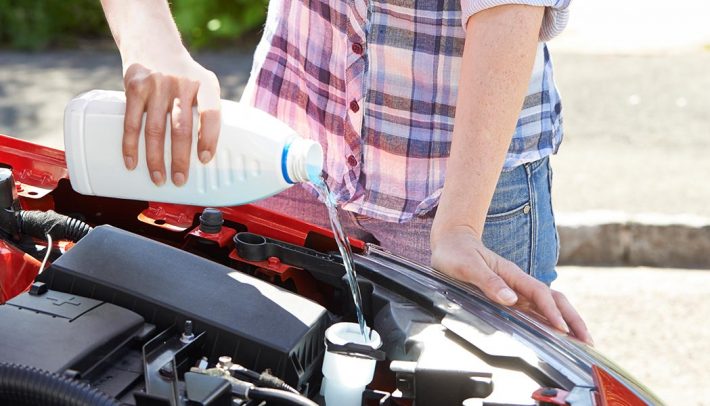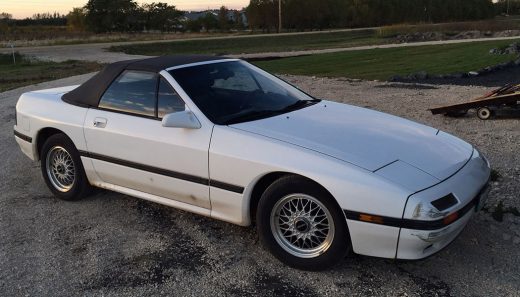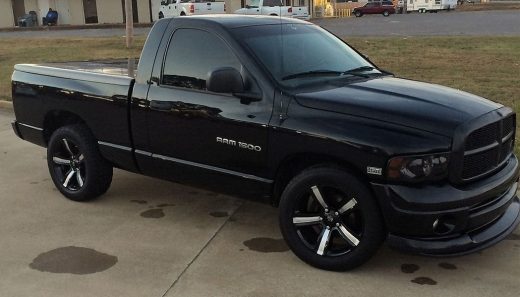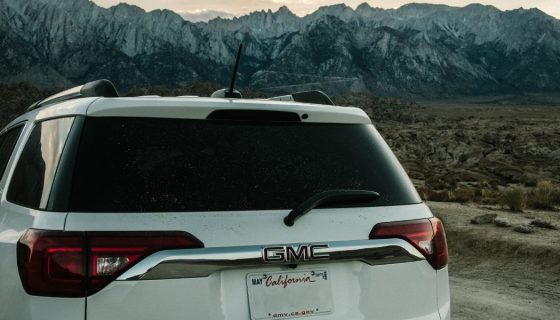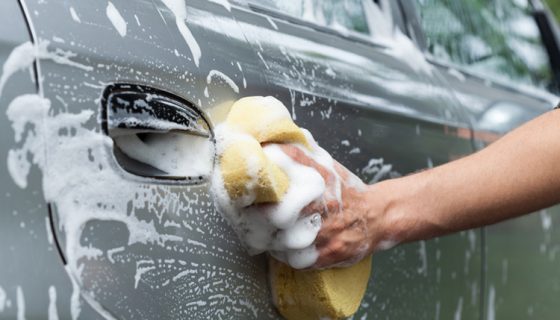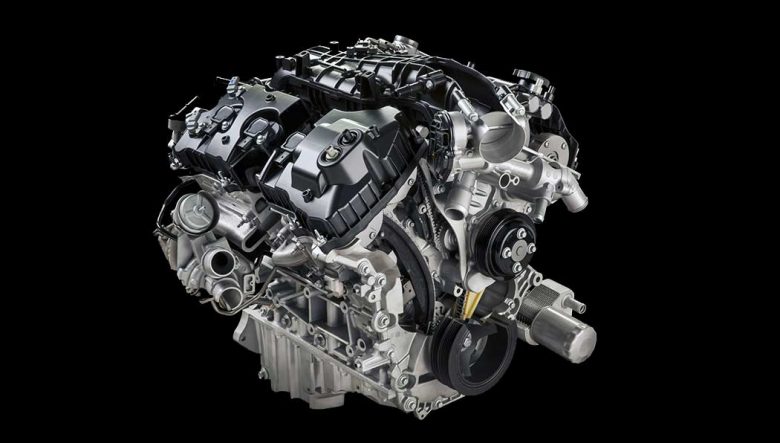News
Get the Fast Facts About the New Tesla Cybertruck
The Tesla Cybertruck release date has been pushed to late 2022. Want to see all the cool features it offers? Read on.
2021 Ram 1500 TRX: The Ultimate Off-Road Pickup
The 2021 Ram 1500 TRX is aimed firmly at the Ford Raptor, looking to take the crown for the best off-road pickup you can buy
2021 Honda Odyssey Gets Family Friendly Upgrades
Upgraded looks, seats, and safety features all work to make the most popular minivan in the country even better for doing its job
Recently submitted rides
Subaru BRZ Sport-Tech
Dodge Ram 1500 Sport
Latest Articles
Special Offers on Buick GMC Vehicles to Kick Off Summer
Colton Cowie - April 24, 2024





